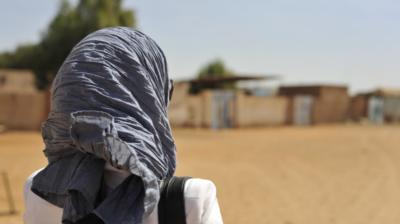Review of the Norwegian Development Fund Portfolio in Ethiopia
How to cite this publication:
Ann Waters-Bayer, Arne Tostensen and Yohannes GebreMichael (2005). Review of the Norwegian Development Fund Portfolio in Ethiopia. Bergen: Chr. Michelsen Institute (CMI Report R 2005: 16)
This report reviews the Ethiopian portfolio of the Development Fund (DF), a Norwegian NGO, which has evolved from supporting relief work by one Tigrayan organisation in the 1980s to supporting ten projects with several organisations in Tigray and Afar Regions and networking with other organisations in Ethiopia and beyond. The portfolio focuses on socio-economic development to alleviate poverty and increase food security, primarily through agriculture, and on natural resource management in dryland areas, including maintenance of biodiversity. The DF is giving growing attention to strengthening civil society and pastoral livelihood development. The portfolio has been managed in a satisfactory way through good communication and regular monitoring visits. The partnership model, built on mutual trust, involves considerable delegation of managerial responsibility to Ethiopian partners. This model is probably cost effective, although it involves certain risks. On the whole, the resources provided through the DF have been used efficiently to achieve the objectives. The DF's participatory approach helps anchor projects in local communities and provides space for dialogue and mutual influence. By promoting local ownership of the projects, a basis is laid for successful and cost-effective implementation and long-term sustainability. The DF is involved in several networks, the most important ones for the Ethiopian portfolio being the Dryland Co-ordination Group (DCG) and the Triangular Institutional Cooperation Project. Much of the DF partners' work focuses on empowering women in economic, social and political terms. The DF is broadening its range of partners to include NGOs in different ethnic and geographical contexts. It wants to support government decentralisation and to create synergies with traditional governance institutions, especially in pastoral societies. There is a need for more dialogue with partners about this strategy and about addressing human-rights issues in the specific context of Ethiopia.




